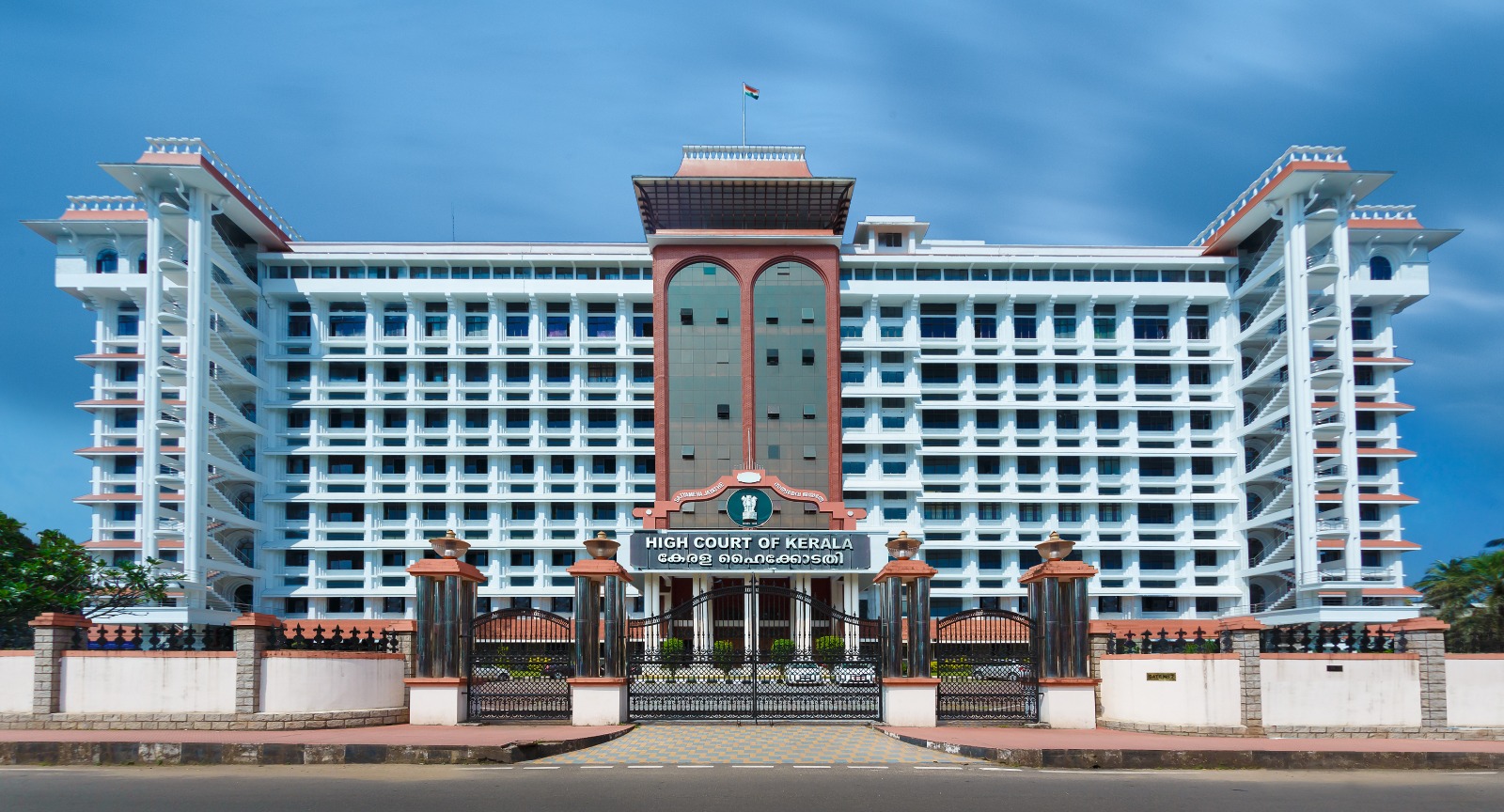1. This appeal arises out of an application made by the present Respondent under Order XXI, Rule 91, of the Code of Civil Procedure, to have a sale set aside on the ground that the judgment-debtors had no saleable interest in the property sold and recover the amount which he had paid in order to purchase the property at that sale. It appears that the Opposite Party, the present Appellant, obtained two decrees against Mussammat Fakhmunessa Begum and others, who were his tenants under a mokurari lease. One of the decrees was for arrears of rent for 1308 and 1309 and the other was for arrears for 1312 and 1313 In satisfaction of the second decree, 24 villages appear to have been sold on the 10th September 1907 for fifteen thousand rupees, and purchased by Mahomed Siddique. Subsequently, the Opposite Party attached 3 out of those 24 villages in satisfaction of the first decree. Those villages were sold on the 17th September 1907 for nine thousand rupees, and were purchased by the present Respondent. There was an application made in the proceedings in which Mahomed Siddique had made his purchase to have the sale set aside, and order was passed setting aside that sale on the I7th September 1907. The second sale, at which the Respondent purchased, appears to have been held after the order setting aside the first sale had been passed. There was an appeal against the order of the 17th September 1907 setting aside the sale with the result that that order was reversed by the High Court and the execution proceedings were sent back in order that the judgment-debtors, if so advised, might make any other application under sec. 311, C. P. C. After the return of the record from the High Court, such an application was made with the result that on the 28th August 1909, a compromise was arrived at by which the sale to Mahomed Siddique held on the 10th September 1907 was accepted, and, on the same day, it was confirmed by the Court. It appears that, after the High Court had set aside the order of the lower Court setting aside the sale to Mahomed Siddique, the present Respondent, on several occasions, applied to the lower Court to have the sale to him set aside and for a refund of the purchase-money of nine thousand rupees paid by him and, on those occasions, he was told that his applications were premature; and it was not till after the compromise had been arrived at and the sale to Mahomed Siddique had been confirmed on the 28th August 1909 that the application of the Respondent was dealt with. The application out of which the present appeal arises was filed on the 24th September 1909, that is to say, within thirty days of the date of the confirmation of the sale to Mahomed Siddique. Various objections were taken to the application of the Petitioner by the present Appellant, and three issues were raised in the lower Court. The first issue raised was one of limitation and the lower Court held that, as the application had been filed within thirty days of the confirmation of the sale to Mahomed Siddique, Art. 166 of Sch. I of the Limitation Act did not bar the application. The second point raised was whether the sale after its confirmation could be set aside and the lower Court held that, under sec. 151 of the new Code of Civil Procedure, the Court was empowered to pass such an order. The third point raised was whether the title to the property sold vested in Mahomed Siddique from the date when the sale was confirmed or from the date when the property was sold. The learned Judge held that, under sec. 65 of the Code it was clear that the title vested from the date when the property was sold. The learned Judge, therefore, held that, on the 17th September 1907 when the three villages were sold to the present Respondent, Fakhmunessa Begum and others, the judgment-debtors, had no saleable interest in them and, therefore, the applicant was entitled to have the sale set aside and to recover his purchase-money.
2. The decree-holder, the Opposite Party, has appealed and his case stated broadly appears to be that he is entitled under the law after having sold the 24 villages and recovered fifteen thousand rupees as their price, to put up again to sale three of the villages which had already been sold and to retain the price (Rs. 9,000) realized from them, though admittedly, at the time of the sale, the judgment-debtors had no saleable interest in the property. In support of the appeal, it has first been argued that the sale of the 10th September 1907 being for rents due for years antecedent to the decree in execution of which the sale was held on the 17th September 1907 it must be held that, under the law, the tenure was sold subject to the claim of the landlords for the rents of 1308 and 1309. In the judgment of the lower Court, there is nothing to show that, at the sale of the 10th September 1907, it was stated that the property was sold subject to any charge and the learned Counsel for the Appellant, when we asked him whether any such notice was given, informed us that he was unable to say whether any such notice had been published at the time. In those circumstances, what was sold on the 10th September 1907 was not merely the right, title and interest of the tenure-holders in the tenures but the tenures themselves and they passed in their entirety to the purchaser, subject to no charge whatever for previous rents. The learned Counsel for the Appellant has, in support of his contention, referred us to the provisions of sec. 65 of the Tenancy Act which lays down that rent is a first charge on a holding or tenure; but that provision of the law would not support the contention which he now advances that, after a tenure has been sold out and out for the satisfaction of certain arrears, a portion of the same tenure can after-wards be sold for a second time for recovery of rents which had previously accrued. In our opinion, the point taken by the learned Counsel cannot be maintained.
3. Then it has been contended in support of the appeal that the lower Court was wrong in the view which it has taken on the question of limitation. The argument of the learned Counsel would appear to amount to this that, as under the law it is stated that the limitation for an application to set aside a sale in execution of a decree must run from the date of the sale, therefore in the present case, if limitation be taken to run from that date, it would be impossible for the applicant to succeed in his present application. We do not think that this view of the law is correct nor do we think that the lower Court was right in the view which it took that Art. 166 of Sch. I of the Limitation Act should be held to apply to the present case. That article lays down the period of limitation which would run from the date of the sale which it is sought to set aside whereas the learned Judge of the Court below has taken limitation to run for the purposes of the present suit from the date when the right of the applicant to have the sale set aside accrued. In our opinion, in a case like the present, the limitation for au application under Order XXI, Rule 91, C. C. P., must be taken to run from the date when the right to make the application accrues. In the present case, the right to make the application certainly did not accrue until the sale to Mahomed Siddique had been confirmed. The previous application to set aside the sale was not entertained by the lower Court and could not have been dealt with until that event had happened. On confirmation of the sale, the right accrued to the present Respondent to have the sale in execution of which he had purchased the villages set aside and his right also accrued to obtain a refund of the money which he had paid for the properties in which the judgment-debtors had no saleable interest and in which by the sale no title was conveyed to him as purchaser. In our opinion, in a case like the present, the limitation provided in Art. 181 of Sch. I of the Limitation Act applies, especially as in the present case the main object of the applicant is to obtain a refund of the money which has been wrongly paid by the purchaser and received by the decree-holder rather than to have the sale set aside. The result, therefore, is that the judgment and order of the lower Court are confirmed and the appeal is dismissed with costs. We assess the hearing-fee at five gold mohurs.

